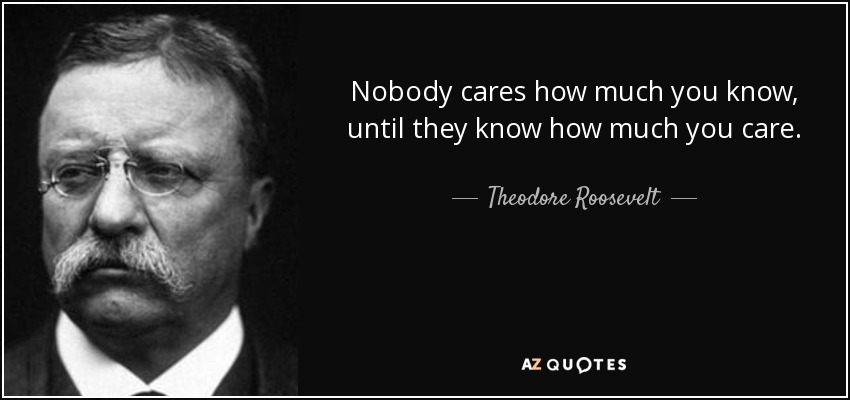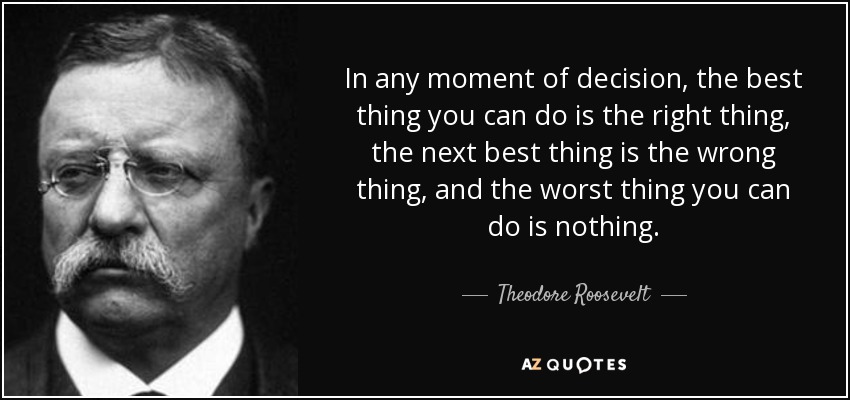 Many people know that I love Oprah! I am of course subscribed to her podcast Oprah’s Super Soul Conversations. Yesterday I listened to the episode: Iyanla Vanzant: You Matter. Iyanla Vanzant is a woman who helps people overcome some major issues on a show on OWN called Fix My Life. When I saw the title of the podcast I had to listen and I was not disappointed. It perfectly aligns with what I have been talking about for the past few weeks. If you get a moment to listen, check it out.
Many people know that I love Oprah! I am of course subscribed to her podcast Oprah’s Super Soul Conversations. Yesterday I listened to the episode: Iyanla Vanzant: You Matter. Iyanla Vanzant is a woman who helps people overcome some major issues on a show on OWN called Fix My Life. When I saw the title of the podcast I had to listen and I was not disappointed. It perfectly aligns with what I have been talking about for the past few weeks. If you get a moment to listen, check it out.
The statement that stuck out to me the most was:
“…we get our meaning and our mattering from our story and if we tell a story in a way that disempowers us we won’t know that we matter…..”
When she said this in the podcast it made me think. How many of our faculty, staff, and students have created stories in their heads that discourage and disempower them? Stories of discouragement and disempowerment prevent them from realizing that they matter. If their story includes people who tell them they are not good enough or that they will never amount to anything or that they are not good at reading, writing, or math, it will not only impact them but also the people who serve them. When I work with a student one on one and they express frustrations and are really tough on themselves I will think about what Iyanla says. What story are they telling themselves and what does it mean to them? How is it impacting them in the classroom?
How can we have stories that empower us and helps us to create meaning so that we feel like we matter? One way to do this is to pay attention to the people who are in your lives and what they tell you on a daily basis. Being surrounded by people who tear you down makes it difficult to build yourself up. Another way is to stop comparing yourself to others. I mentioned that in a previous post. We have a tendency of tearing ourselves down when we don’t feel like we measure up.








 I like student evaluations. Many dread them because of the anxiety of what students might say on a form, but I look forward to them. I encourage my students to complete them since they let me know how I’m doing. I let them know that their thoughts matter. I read every positive and negative comment on each evaluation form. I let them know that pay close attention to what they say because I am always striving to be better than I was the day before. To me, evaluations are all about helping me to improve.
I like student evaluations. Many dread them because of the anxiety of what students might say on a form, but I look forward to them. I encourage my students to complete them since they let me know how I’m doing. I let them know that their thoughts matter. I read every positive and negative comment on each evaluation form. I let them know that pay close attention to what they say because I am always striving to be better than I was the day before. To me, evaluations are all about helping me to improve.

